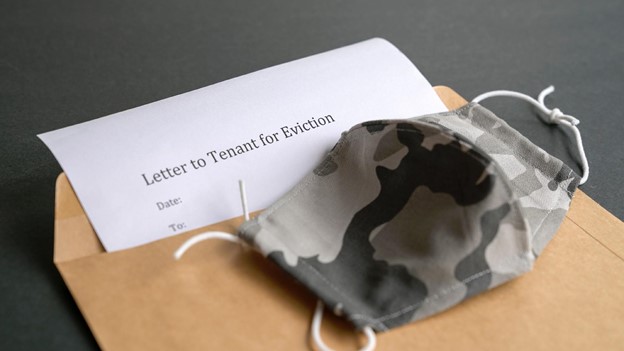
The COVID-19 pandemic has taken a serious physical, emotional and financial toll on people around the world. Many Americans lost their jobs or took significant pay cuts due to reduced hours and businesses being closed for months. Most eviction and foreclosure moratoriums recently ended, and many Texans are left wondering how to hold onto their homes.
If you’re coming to the end of a mortgage payment forbearance, you’re behind on payments, or your home is in foreclosure in Texas, a foreclosure attorney at Leinart Law Firm can assess your circumstances and help you find solutions that may let you keep your home and get your finances back on track.
What Is a Foreclosure Moratorium?
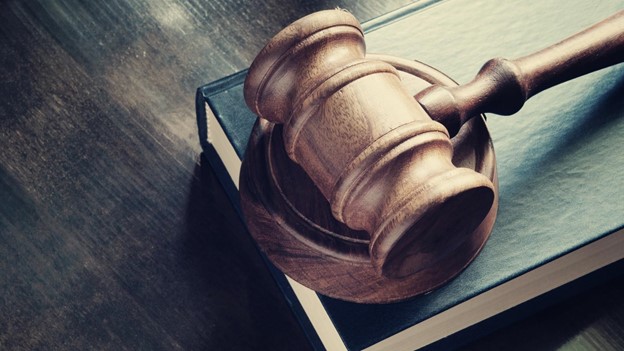
Due to the COVID-19 pandemic, the federal government and some states and localities enacted foreclosure moratoriums. The moratorium put a temporary halt on proceeding with or continuing foreclosures on certain types of mortgages such as loans issued by the VA, HUD, USDA, Freddie Mac and Fannie Mae.
Some other financial institutions, lenders and loan servicers voluntarily stopped foreclosure proceedings on other types of mortgages as well and have offered forbearance programs to homeowners, which allowed them to defer mortgage payments for a set number of months.
When Does the Foreclosure Moratorium End?

The federal foreclosure moratorium for government-backed loans ended July 31, 2021, and the forbearance enrollment window was extended through September 30, 2021. It also provided up to three months of additional forbearance for certain borrowers.
Although local, state and federal CARES Act funds are still available to help renters, landlords and homeowners, not everyone is eligible for assistance. In some cases, deadlines to apply for loan forbearance or financial assistance have passed. If you have an FHA, a VA, or a USDA loan, there may be additional resources available if you’re still experiencing financial hardship due to the COVID-19 pandemic. Information and deadlines are changing all the time, so checking in frequently to see what new opportunities may be available can be helpful.
What Happens When the Foreclosure Moratorium Ends?
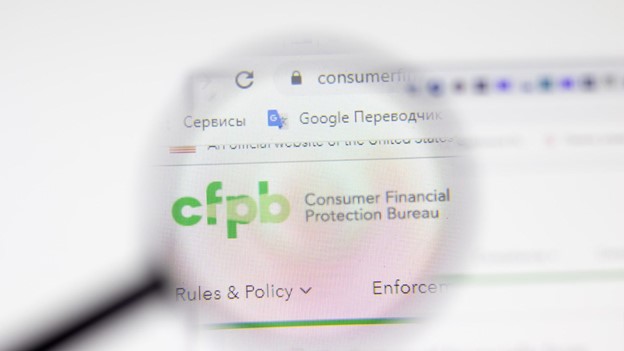
Lenders can proceed with foreclosures, especially for borrowers who haven’t been in contact with their mortgage servicers or who have abandoned their properties. However, a new rule enacted by the Consumer Financial Protection Bureau (CFPB) requires most loan servicers to help homeowners in forbearance find options for repaying their mortgages.
This means some mortgage servicers cannot start the foreclosure process on homeowners in forbearance, except in limited circumstances, until January 1, 2022. If you received forbearance, you must contact your mortgage servicer to see if you are eligible for an extension.
What Are the Specifics of the Mortgage Moratorium in Texas?

The state of Texas has not issued any moratoriums on mortgage payments, but the Texas Emergency Mortgage Assistance Program (TEMAP) received Community Development Block Grant CARES funds to assist homeowners at or below 80% of the Area Median Income who were financially impacted due to the pandemic. Assistance will be administered locally, and homeowners must contact a service provider in their area for assistance.
Other state, local and federal assistance programs may also be available to avoid home foreclosure in Texas. HUD-approved foreclosure avoidance counseling agencies in Texas may be able to help you find the information or assistance you need.
Can Landlords Take Legal Action Against Renters?

At this time, landlords in Texas can take legal action to evict tenants. However, the Texas Rent Relief Program may provide funds for tenants and landlords suffering financial hardships as a result of the COVID-19 pandemic. Whether you’re a renter or landlord, it’s always a good idea to contact an attorney to find out what your rights are under the law.
What Can You Do to Stop Foreclosure and Keep Your House?
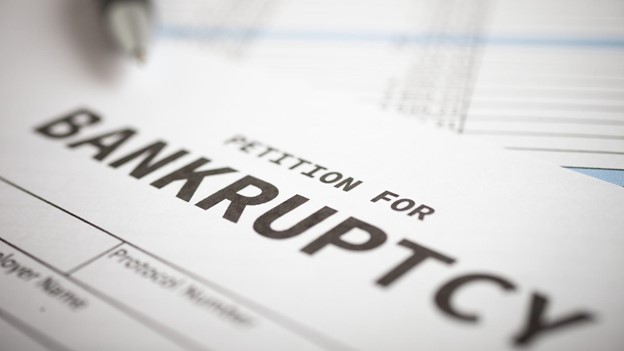
If you’re late on mortgage payments or worried about a forbearance coming to an end, one of the most important things you can do is be proactive about staying in touch with your financial institution or loan service provider. Although these issues can be hard to face, ignoring the problem won’t make it go away. Failing to maintain communication can actually lead to foreclosure proceedings being started sooner rather than later.
If you’ve exhausted all your forbearance and assistance options, declaring bankruptcy may be an effective way to delay or prevent foreclosure on your home. If you’re underwater with other debts such as medical bills, credit cards, auto loans or tax debt, declaring Chapter 7 or Chapter 13 bankruptcy in Texas puts an automatic stay on most of your debts. This means a lender can’t take your home right away and must stop collection action for unsecured debt such as credit card bills as soon as you file for bankruptcy in Texas.
It’s important to understand there are significant distinctions between Chapter 13 and Chapter 7 bankruptcy. Filing Chapter 7 is a liquidation bankruptcy that wipes out certain types of debt and delays foreclosure, and it may not allow you to keep your home. Chapter 13 is a reorganization bankruptcy in which certain debts are repaid over time and typically lets you keep your home.
How Can a Foreclosure Lawyer in Texas Help?
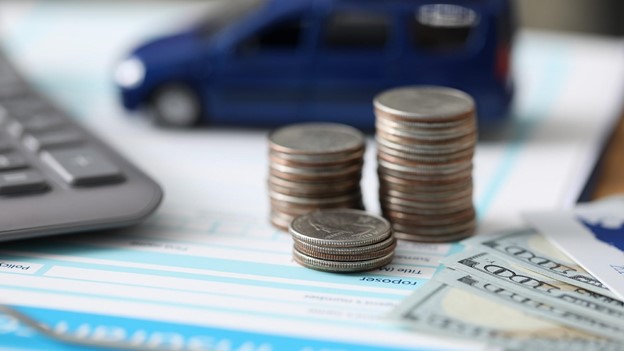
Bankruptcy is a drastic measure that impacts your credit, so consulting a professional before taking this significant step is critical. A bankruptcy attorney can take a comprehensive look at your finances and advise you of your options. A lawyer may recommend alternatives such as asking for forbearance from your loan provider, mortgage loan modification, debt consolidation and negotiating settlement amounts with other creditors. Most bankruptcy attorneys in Texas offer a free initial consultation, so you really have nothing to lose by contacting a lawyer about the options you may have for saving your home.
Another reason to contact an attorney is to protect yourself from scams. Unfortunately, the COVID-19 pandemic has given scammers even more opportunities to take advantage of consumers. HUD provides resources that can help you identify and report credit and loan scams. When something seems too good to be true, it usually is. Having an experienced bankruptcy attorney or credit repair lawyer in your corner can help ensure your rights and financial interests are protected.
Contact a Dallas Foreclosure Attorney

If you’re concerned about halting foreclosure on your home during the COVID-19 pandemic, contact Leinart Law Firm today. Use the convenient chat feature on our website or email us to schedule a complimentary consultation with a foreclosure lawyer today. Leinart Law Firm is proud to serve clients throughout North Texas.


